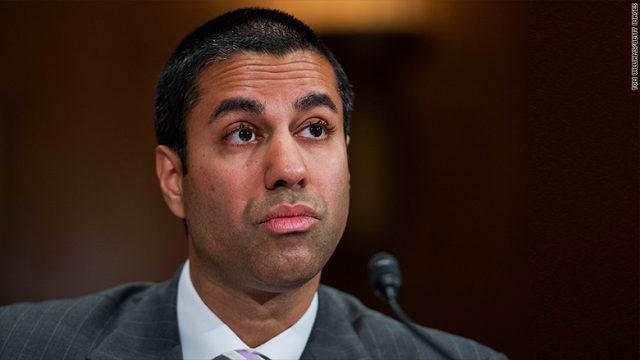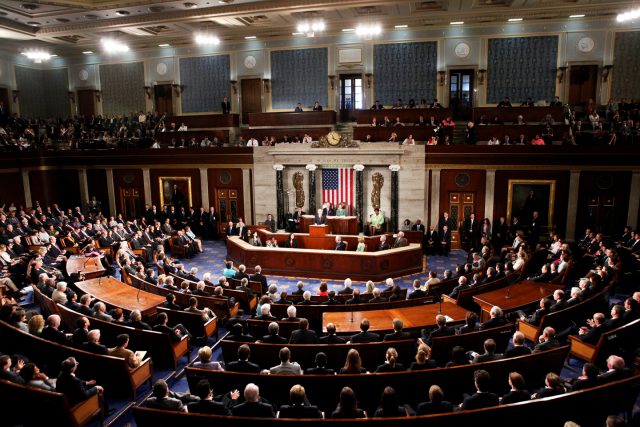 AT&T is seeking permission to walk away from its decades-long commitment to provide universal access to landline service in Illinois, which could mean the eventual end of landline phone and wired broadband service in parts of the state.
AT&T is seeking permission to walk away from its decades-long commitment to provide universal access to landline service in Illinois, which could mean the eventual end of landline phone and wired broadband service in parts of the state.
An Illinois Senate committee approved a bill in March effectively ghostwritten by AT&T that will end the phone company’s legal obligation to provide wired services. AT&T claims 90% of consumers have already dropped landlines in Illinois, switching to cell phone or Voice over IP services. But the company would not say how many consumers still get wired broadband service from AT&T.
AT&T is laying the groundwork to eventually mothball its copper wire networks. Customers in urban areas would likely be serviced by AT&T’s fiber-copper U-verse network while rural areas would be served entirely by AT&T’s wireless cellular network. The company has already received approval to drop landline service in 19 of the 21 states where it provides landline service. AT&T Illinois president Paul La Schiazza said the company won’t approach the FCC about switching the network off for good until it gets approval in all 21 states.
If AT&T wins the right to pull the plug, it need only provide customers with 60 days notice. The bill also currently qualifies only one company in Illinois to discontinue service almost immediately — AT&T. Despite that, the bill has won support from independent phone companies in the state including Frontier Communications.
La Schiazza complains the government has treated AT&T unfairly by requiring it to provide service while other companies can cherry-pick service areas.
“What we’re left with in Illinois is we’re not guaranteed any customers, we’re not guaranteed any return … yet we still are required to provide an old-style, voice-only telephone line to every customer in our service territory,” he told the Chicago Tribune. “No competitor is required to do that. They can pick and choose whatever customers they want to serve and they can use whatever available technology that they want to.”
But AT&T’s competitors never enjoyed a legacy as a government-sanctioned monopoly, and do not benefit from rights-of-access, government tax credits, and mature network infrastructure over which it can offer service almost anywhere. AT&T also wins an end to the universal service mandate that has been a part of telecom public policy for decades, which means some rural state residents will not be able to get any telephone or internet service from AT&T or any other provider.
 AT&T claims it will invest the money it currently puts into wireline network maintenance into ‘services consumers actually want,’ which has traditionally been its wireless network. AT&T’s preferred solution for rural service is to bolster its wireless network and convert existing wired customers into wireless ones. But that gives some state legislators pause, and efforts to decommission landline service by Verizon in rural New York and Superstorm Sandy-ravaged communities along the New York and New Jersey shoreline met with howls of protest from customers about inferior service.
AT&T claims it will invest the money it currently puts into wireline network maintenance into ‘services consumers actually want,’ which has traditionally been its wireless network. AT&T’s preferred solution for rural service is to bolster its wireless network and convert existing wired customers into wireless ones. But that gives some state legislators pause, and efforts to decommission landline service by Verizon in rural New York and Superstorm Sandy-ravaged communities along the New York and New Jersey shoreline met with howls of protest from customers about inferior service.
Abe Scarr, director of the Illinois Public Interest Research Group, warned AT&T’s proposal was good for AT&T but potentially bad news for rural, older, and poor residents. Scarr submitted testimony to the Illinois Senate’s Telecommunications and Information Technology Committee that argued the current bill SB1381 was favorable to AT&T’s corporate agenda but failed to preserve time-honored traditions of universal service, consumer protection, competition, and public safety.
Scarr pointed out several recent wireless failures including several 911 outages that disrupted access to emergency services nationwide and AT&T’s inability to offer reliable wireless service during mass events. He also questioned whether AT&T would actually invest adequately in improving coverage in Illinois.
“I don’t think we can take away the old policy without replacing (it with a) new one and just pray to the gods of the markets to provide everything,” Scarr said. “I’m quite confident that’s not going to work out for all Illinoisans, especially since we don’t have real competition in broadband.”


 Subscribe
Subscribe





